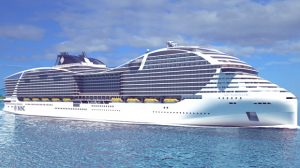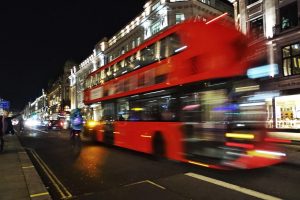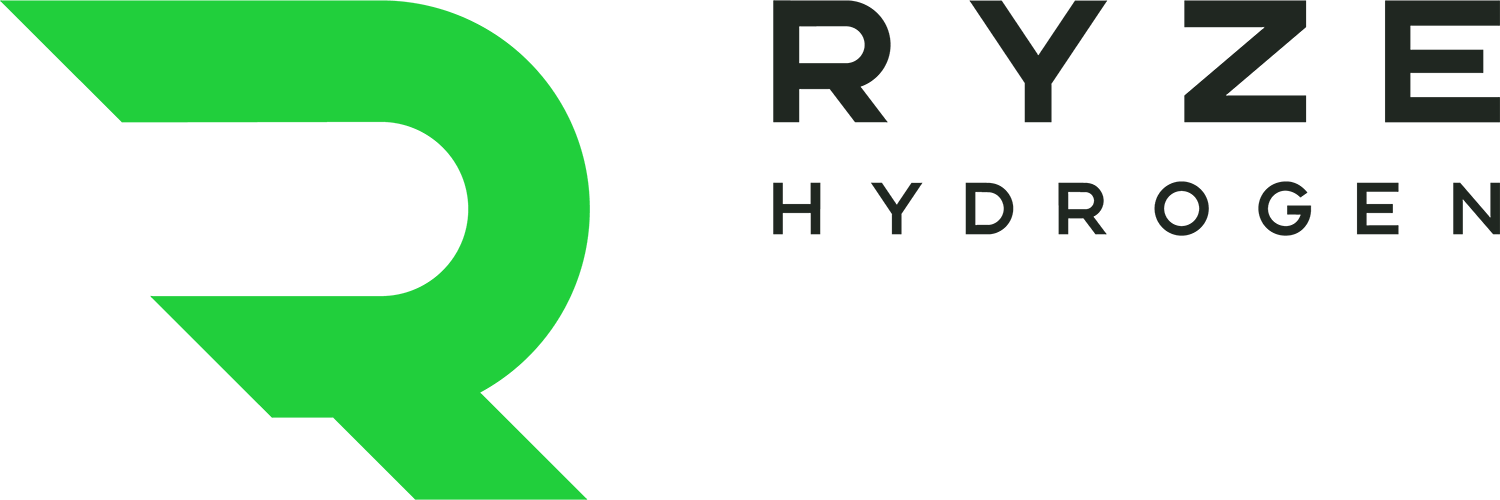Battery and fuel cell strategy goes flat as UK Net-zero targets are put at risk:
The UK House of Lords Science and Technology Select Committee has completed its inquiry into the ‘Role of batteries and fuel cells in achieving Net Zero.’ and the results are deeply concerning and disappointing.
The report concludes that actions taken by the Government DO NOT align with its ambition to achieve Net Zero emissions, nor do they take advantage of opportunities presented by batteries and fuel cells for the UK’s research and manufacturing sectors.
The Committee found that:
The UK is failing to make the most of its expertise in fuel cells and next-generation batteries, in which it could take a global lead.
The Committee was alarmed by the contrast and apparent disconnect between the optimism of Ministers about the UK’s prospects and the concerns raised by other witnesses who fear that the UK is lagging behind its competitors and facing significant challenges with innovation, supply chains and skills.

The government’s strategy for decarbonising our economy is woefully insufficient, and risks our country being left behind as other economies boost their hydrogen and battery technology sectors.
Some of the urgent recommendations included:
– Urgent publication of the Government’s HYDROGEN STRATEGY and related decarbonisation strategies, to give clarity to hauliers and bus operators
– Establishment of research and innovation institutions for fuel cells, to exploit the UK’s expertise and support UK companies to take a global lead.
Olympic torch burns clean Hydrogen, as Japan demonstrate hydrogen’s potential to decarbonise our planet:
For the first time, the Olympic torch burned hydrogen (NB the flame is colourless).
This is significant, because in the long build up to the Olympics Japan have always maintained that their efforts to decarbonise their economy will be as much in the spotlight as the games themselves.
The games coincide with the announcement of Japan’s largest hydrogen plant powered by offshore wind energy, which is set to open on the northern island of Hokkaido as part of a national effort to slash carbon dioxide emissions.
Since 2021 was dubbed ‘The Hydrogen Olympics’, Japan have been determined to display their zero-emission hydrogen technologies, and how they’ve deployed the clean energy source in a number of different ways.
Officials are being driven around in 500 cars and 100 buses made by Toyota and running on fuel cells. Portable power plants are being used, that consume hydrogen and emit only water vapour. Also in use and very much on display is the Kawasaki King Skyfront Tokyu Rei hotel, which gets energy from hydrogen sourced from waste plastics.
It can only be seen as significant, that when the eyes of the world are on Japan (one the most technologically advanced nations on the planet), the thing other than the games themselves that they are most eager to show off, is hydrogen.
UK green light given to the first hydrogen gas blend in public network to lower emissions:
The country’s first trial for blending hydrogen into a public natural gas network has been given the go ahead by the UK’s Health and Safety Executive, as announced by operator Northern Gas Networks.
A blend of 20% hydrogen will be delivered into the natural gas supply to Winlaton, Gateshead, supplying 668 houses, several small businesses and a school, for 10 months from August.
Residential and commercial heating causes approximately a third of the UK’s CO2 emissions. Blending 20% hydrogen throughout the UK gas grid would save around 6 million mt/year of carbon emissions, according to Northern Gas Networks.

A blend of 20% hydrogen will be delivered into the natural gas supply to Winlaton, Gateshead, supplying 668 houses, several small businesses and a school, for 10 months from August.
“The project will provide more vital evidence about the possibilities of blending hydrogen into the natural gas network across the UK, as a stepping stone to decarbonizing heat with no disruption to customers,” Northern Gas Networks Head of Programme Management and H21 Project Director Tim Harwood said.
“We’ve engaged with the community of Winlaton over the past 18 months and, with the support of the council, undertaken safety checks on their appliances to reassure residents that they can continue to use their gas as normal whilst playing a vital role in the decarbonization of the gas network.”
This could be the start of the Zero-Emission Hydrogen Cruise ship era:
Swiss-based shipping group MSC, gas group Snam and Italian shipbuilder Fincantieri are teaming up on a feasibility study for constructing the world’s first hydrogen-powered cruise ship.
Assessing whether to proceed with the project the three companies are researching logistical and technological issues over the next year.
While attracting the investment needed to scale up the business the aim is to promote the use of hydrogen in shipping to reduce emissions, the companies said.
“We want to be on the front line of the energy revolution in our sector and hydrogen can greatly help in this direction,” said Pierfrancesco Vago, the executive chairman of MSC’s cruise division.

Swiss-based shipping group MSC, gas group Snam and Italian shipbuilder Fincantieri are teaming up on a feasibility study for constructing the world’s first hydrogen-powered cruise ship.
Shipping accounts for approximately 3% of toxic emissions.
London transport starts to clean up with Hydrogen bus fleet:
To help cut toxic fumes and tackle climate change, a fleet of 20 hydrogen double-decker buses has been released onto the streets of London.
Being introduced on the number 7 route in the capital the £12m hydrogen double-decker buses are now running between Oxford Circus and East Acton.
The new zero-emission buses are manufactured by UK manufacturer Wrightbus and the hydrogen is being produced in Cheshire.
Each hydrogen bus needs to refuel only once a day. Refuel time is approximately 8 minutes and the buses then cover an average distance of 200 miles. Hydrogen buses are already operating in Aberdeen, and more are expected to be rolled out in Bristol.
Alongside Wrightbus, Gas cylinder manufacturer Luxfer, and Nel Hydrogen, are Transport for London’s (TfL) other business partners for the new hydrogen fleet.
By 2030 TfL’s sustainability goal is to operate only zero-emission vehicles.
The fleet of 20 zero-emission hydrogen buses is a start, but realistically only represents the tip of a quickly melting iceberg.
Temperatures are on track to be the highest on record in 2021, alongside what is due to be the highest ever year for emissions.

Temperatures are on track to be the highest on record in 2021, alongside what is looking set to be the highest ever year for emissions.
“London may have one of the cleanest bus fleets in Europe, but we need to continue to act now to tackle climate change and the city’s toxic air quality.
“Introducing these hydrogen double-decker buses to our fleet, alongside electric buses, diversifies our green bus portfolio and helps us use the right technology for the varying operational requirements of our vast network. This will help Londoners breathe cleaner air.
“Our investment in hydrogen won’t just benefit London, either. Outside the capital, we are supporting jobs across the UK and our involvement with the industry across Europe is making cleaner fuels more affordable to cities all over Europe.” said Geoff Hobbs, TfL’s interim director of buses.
For more information about Ryze Hydrogen click here.






